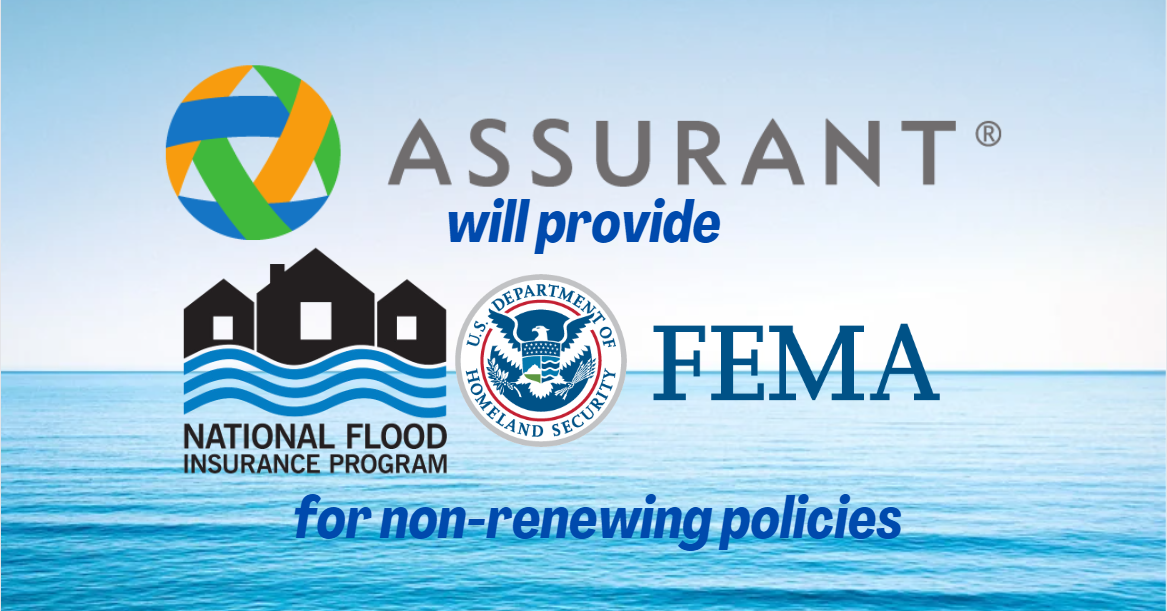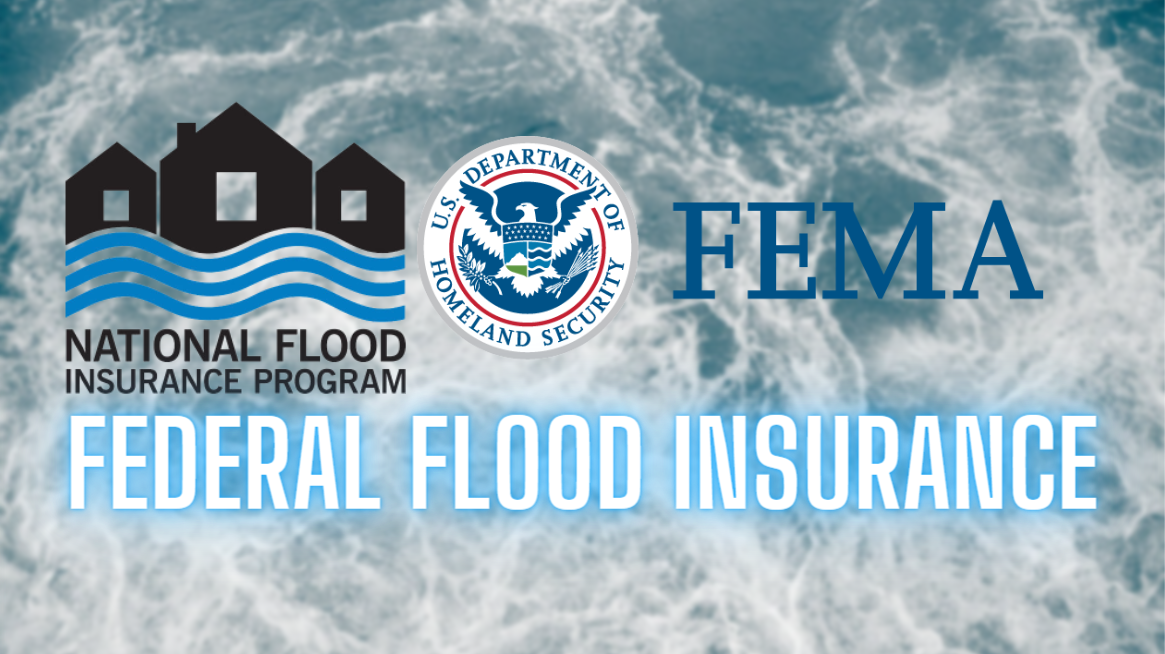
Topics:
May 9th, 2022
3 min read
By Chris Greene

The private flood insurance market is getting a huge paradigm shift in the next month. Assurant, Inc. reported that starting May 1st, they will no longer offer private primary flood insurance for residential properties.

Let's talk about this change, its impacts on more than 1000 policyholders, and what you can do to adapt to this change.
Recently, we received important information regarding private primary flood insurance policies and one of the leading insurance options, Assurant Incorporated.
According to the carrier, they will discontinue providing primary flood insurance for new business policies starting on May 1st, 2022. This will impact all residential flood insurance across the country and will be experiencing this change.

Now, an important note here is if you have an active policy, you will be able to get coverage from it until it expires. However, people who are looking to buy residential flood insurance (called "new business") won't be able to get a policy from Assurant Inc. for primary private flood insurance.
There will also be no renewals after July 1st, 2022. This is what we call a nonrenewal of flood insurance. Although the reasons for this change are something yet that we will have to find out, these changes are happening on the dates mentioned.
Keep in mind that this won't be impacting private commercial flood insurance, NFIP policies, and excess flood insurance with Assurant. This change is directly impacting only primary residential flood policies with the carrier.
All policyholders and agents will receive a non-renewal notice between 83 to 60 days from renewal or the expiration date of your current policy. This notice is expected to arrive via mail and serves as a heads up for you.
It's important to mention however that during this period, Assurant Inc. won't be leaving without any help. One of the great things about flood insurance the carrier is that they don't leave you behind.
Once the nonrenewal mail is sent, Assurant will also send a federal flood insurance or National Flood Insurance Program (NFIP) quotes will be provided via email to those who are impacted by this.

This is simply to ensure that you will have someplace to fall back on once that nonrenewal kicks in. It's important to note however that even if you accept this quote, you will still need to follow the 30-day waiting period from the Federal Emergency Management Agency (FEMA) and the NFIP.
If you want to see the list of the policies that are nonrenewing, you will have to contact an Assurant representative or coordinate with your insurance agent in doing so.
Now, let's talk about your options from both the federal government and other private insurance companies to adapt to this change.

One of the key takeaways we got from this notice is that Assurant will be providing an NFIP policy if you have a residential property impacted by this nonrenewal.
It's important to mention here certain terms that you need to expect when moving from a private flood insurance policy to an NFIP one.
The NFIP policy, as mentioned before, will have to follow the 30-day waiting period as part of the term when purchasing flood insurance from the federal government. Despite Assurant's endorsement of your policy to be moved to the NFIP, this waiting period will still kick in.
The National Flood Insurance Program (NFIP) recently completely moved into the Risk Rating 2.0. The Risk Rating 2.0 will still follow the standard flood insurance coverage that you normally get with the NFIP's residential policies. This simply means that you will only get up to $250,000 for building coverage and $100,000 for content coverage.
This also means that your policy will be rated according to FEMA's Risk Rating 2.0 method which removes the flood zone as a basis for rates to acknowledge more on your property's flood data such as the history of flood damage, flood claims variable, type of floods that the property experiences, frequency of flooding, first-floor height, foundation type, and construction. This could very well mean that your flood policy will find a significant increase as we've seen with Risk Rating 2.0's impact across the country.
So these are some things that are going to really significantly change when it comes to your flood insurance especially when it comes to your rates.
Now, it's important to also mention here that you can also go to another private insurance company, especially if the coverages that the NFIP is offering are not really enough. We do encourage that you get at least 80% of your property covered by flood insurance.
You can get a quote from your flood insurance agent from other private carriers. Again, it's essential to always set your expectations right. If you have a relatively cheap flood insurance premium with Assurant, it helps to set an expectation that this may not be the same.
Going through a private carrier means that there will be no flood coverage limits. This means that you won't really max out your coverage for building and personal property at $250,000 and $100,000 respectively.
Most private carriers also have an established system that determines your rate based on the risk of flooding that your property may have.
It's important to note however that depending on your loan type on your house, private flood insurance might not be available for you.
If you want to know your flood insurance options, click below to call us.
When it comes to these situations, policyholders should always expect changes to their flood insurance. Just like the behavior of flooding drastically changes, so will flood insurance policies too.
So, if you've got any questions related to flood insurance, your flood insurance options, or how to manage your flood policy best, click below to go to our Flood Learning Center.
Topics: